China National Day is 'Not a Celebration But a Reminder of the Continued Repression of Our People'
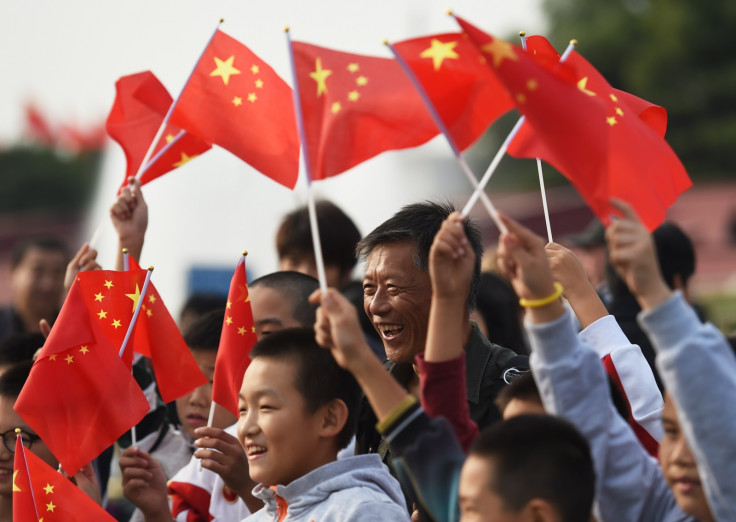
China's National Day takes place on 1 October. For many younger mainland Chinese people, it is simply a national holiday for the people to rest and play but for the older generations, particularly the baby boomers (born between 1946 and 1964), it is a reminder of incredibly painful times, great political strife and the continued oppression of the people.
"The atmosphere has changed in China. A lot of people are more money-driven. The younger generation don't have the memories of the Cultural Revolution and the Tiananmen Square massacres as they were born after it," Tan (our source is anonymous due to the sensitive nature of this article and is referred to as "Tan"), a mainland Chinese national who used to live in China, told IBTimes UK.
"I have met China Chinese [also known as Mainland Chinese] university students in their twenties and their parents don't talk. Their parents never talk about political things at home, so they don't even know what happened.
"Most of the young people don't know the whole history. For example, my sibling's daughter, who lives in mainland China, knows much less about Chinese history than my own daughter, who is English-educated."
The Lost Generation
The Cultural Revolution was a social-political movement that sought to enforce communism in the country by removing capitalist, traditional and cultural elements from Chinese society.
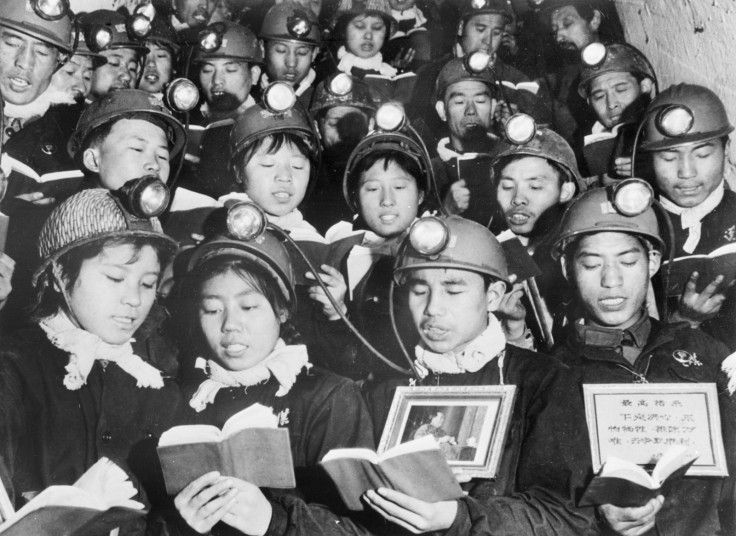
Although it only lasted 10 years, from 1966 to 1976, the Cultural Revolution had a significantly paralysing political impact on China, with a death toll of 40 million and deep economic and social effects on the people's lives.
The education system in China ground to a halt during the decade, with intellectuals and youths being forced out of cities and sent to rural labour camps as part of Mao Zedong's Down to the Countryside Movement.
Education for children was considered to be not important,and university entrance exams were suspended. Historians refer to the people affected by this as "China's Lost Generation".
Tan grew up during the Cultural Revolution, when the actions of family members who had ties to the Communist Party created a huge social stigma that affected her entire family's lives.
One of her siblings, a brother, was sent to work in a coal mine for many years before managing to go to university and attain qualifications that would enable him to have a better life; meanwhile, Tan had to work in a factory for five years after completing secondary school.
"Together with many of my friends, I had a beautiful dream for the mother country from 1977-1989. Even now, when I hear the Chinese national song, I feel a pain deep in my heart."
Even then, she was considered to be one of the lucky ones, who was able to earn a decent salary, while many of her classmates had to go through the enforced rural labour and did not earn enough to support themselves.
However, when the university exams were reinstated in 1976, it was still difficult to get a decent education.
"I was rejected by all universities I applied for because of the negative family background. Fortunately, some teachers found my much-higher-than-average scores, argued and did fighting for me, eventually I got into university," she said.
Tiananmen Square Massacre
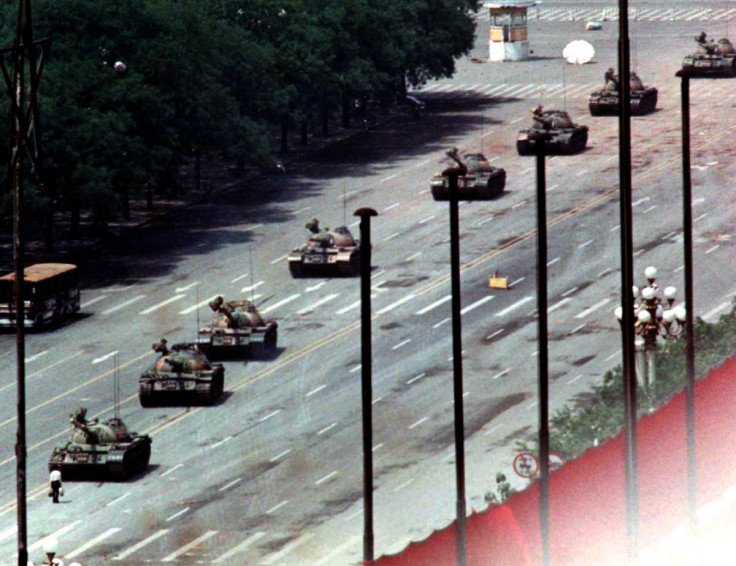
Still, Tan said after the Cultural Revolution ended, from 1979 to 1986, the overall situation improved in China and is widely regarded by many in China as the "golden period".
"During the golden time, we trusted in the Communist Party as the government corrected its mistakes after the Cultural Revolution. Some of the top leaders like Hu Yaobang and Zhao Ziyang were really great – they established good economic development for China, opened the markets and allowed people to talk," she said.
"People were not that rich but everyone had hope and saw the light. They were generally happy for more freedom in talking, thinking and publishing. Many serious books, articles and movies with deep thinking appeared that time."
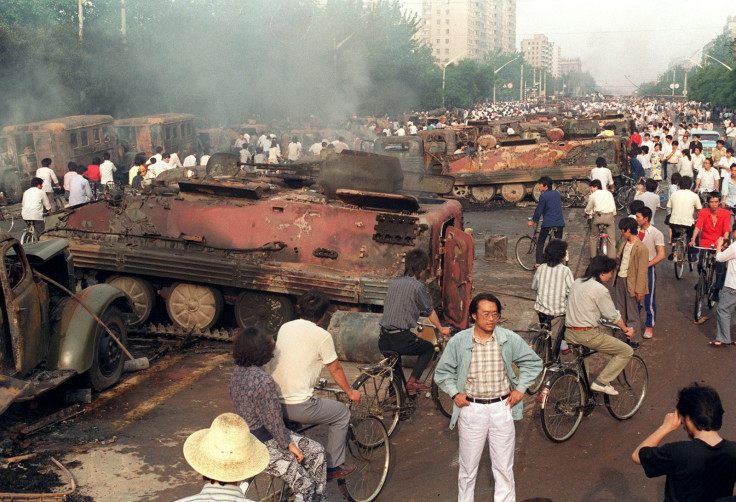
But then the Tiananmen Square protests happened.
Both Hu and Zhao lost their positions and power in the Communist Party due to in-fighting over the political and economic direction of China. When Hu died of a heart attack, believed to be partly due to how he was treated, students began protesting in Beijing in April 1989.
The students were soon joined by millions of civilians over the course of seven weeks and the death toll from the government crackdown, although never confirmed, is thought to range from several hundred to a few thousand.
China today
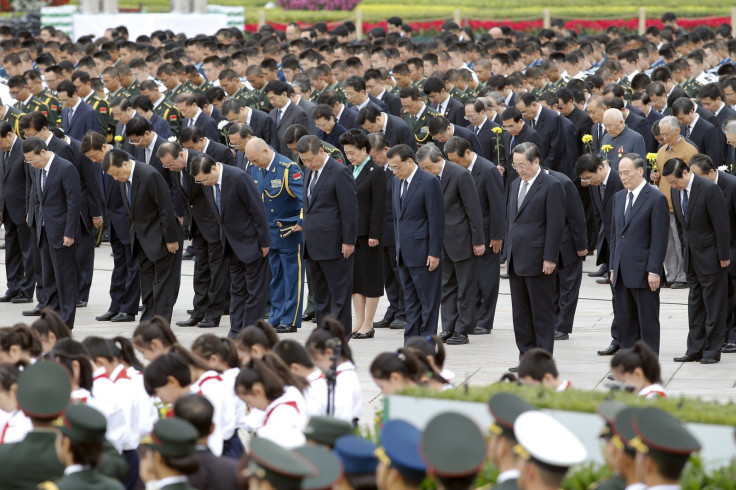
"From 1989 until now, there has been no reflection from the government. I had hope for 25 years that they could correct their mistakes for Tiananmen. I always thought if they took responsibility for their actions, I would return, but now, there is less and less hope," Tan said.
"Fundamentally, they are more open in markets and economics, but not in relation to people's mouths; in fact, there is a much stronger control over people's thinking.
"You shut up? You will have a good life, a good job and prosperity. But if you want to say something true, you will have trouble."
Tan is unwilling to return to live in China ever again. "I have no ability to make change, but I also do not want to change myself. By living outside, I am given the freedom to keep myself, my ideas and my opinions about China," she said.
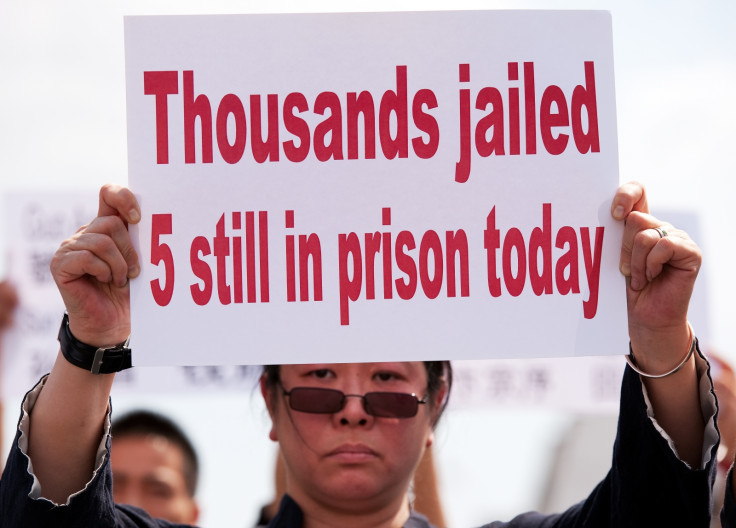
Tan said most Chinese people were focused on capitalism and financial gain: "They have very good material lives, maybe richer than me. They simply take it as a holiday for rest and vacation, nothing to do with the meaning of national day.
"The education system has successfully trained many people to have double faces. In public and private places they can easily say very different things. Mid to old-aged people choose to forget painful past as a kind of self-protection."
The "face" aspect of Chinese culture will probably prevent the Chinese government from repeating its mistakes with Tiananmen in Hong Kong, where millions are protesting political inteference from the mainland.
"If they do the same with Hong Kong, they know they will be in trouble. In Chinese culture, face is very important. The central government wants to keep their good name to the rest of the world," she said.
For Tan, there is still a great sense of loss and pain when thinking about China.
"Together with many of my friends, I had a beautiful dream for the mother country from 1977 to 1989," she said. "I studied and worked hard. I studied overseas and planned to go back to China to make my contribution but everything changed in one night with Tiananmen. Even now, when I hear the Chinese national song, I feel a pain deep in my heart."
© Copyright IBTimes 2025. All rights reserved.






















